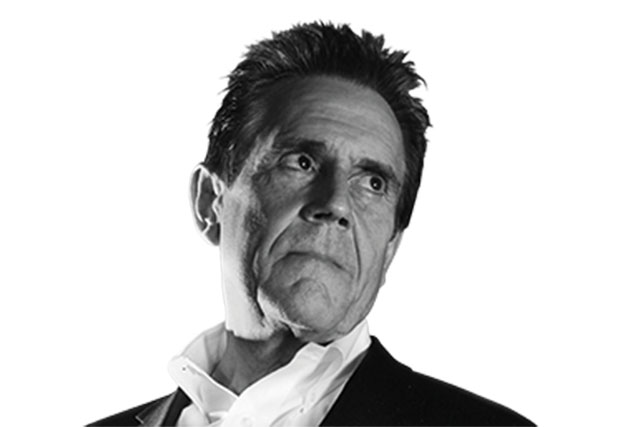Grounds were miserable, old-fashioned, dilapidated, mainly all standing.
Fewer and fewer people were going to matches.
And games had to be played at 3 o’clock on Saturday afternoons.
That was unquestionable, for every club in the country.
But they desperately needed a way to get some money into the dwindling game.
Mike Yershon was the most influential media guy in town.
Mike was a game changer.
So The Football League asked him to a meeting to find a way they could raise more money from the TV companies.
Mike’s recommendation was simple and powerful.
But also complete heresy.
Mike said put live football on TV.
He said if they allowed some games to be played on Friday nights and some on Sunday afternoons they could sell the rights.
They could get ITV and BBC to bid against each other to drive the price up.
The Football League would make a fortune.
So how did they react to Mike’s idea?
The President threw Mike out of the meeting.
Moving matches away from 3pm Saturday was unthinkable, impossible.
And broadcasting live matches was suicide.
Why would anyone go to a cold, wet, miserable stadium when they could sit at home and watch the match on telly?
The stadiums would be empty.
He said Mike was crazy and his advice would kill football.
They couldn’t get him out of the building fast enough.
But then a strange thing happened.
When Mike got back to his office, the phone was ringing.
They asked him to come back to the meeting.
It seemed they had decided to over-rule the President.
Football was slowly dying and it had to raise money or else.
Mike’s advice might be the only way.
So Mike went back to the meeting and explained his plan.
The bidding process went ahead: BBC won Friday night matches and ITV won Sunday afternoon matches.
So, in the event, who was proved right: Mike or the President?
Did live matches on TV mean empty stadiums and the end for football?
Hardly.
In fact the live matches acted as advertisements for football.
People began returning to the stadiums.
And the money from the TV deals went into the game.
In 1983 the rights to live football sold for £5 million.
By 1988 they were up to £44 million.
In 1992 Sky paid £304 million.
And in 2015 Sky and BT paid £5 BILLION for the rights to live football.
That’s £10 million for each game.
In 1997 Manchester United opened their own TV channel, now most clubs have their own TV channel.
Football grounds are now so packed that season tickets are usually the only way to get in.
And there’s a waiting list years long for those season tickets.
Football is far and away the biggest, richest game in the country.
Largely because Mike Yershon did what he was told he wasn’t allowed to do.
He changed things that he was told couldn’t be changed.
You see it’s an uncomfortable truth for all of us, particularly clients.
You can’t change things without changing them.
Dave Trott is the author of Creative Mischief, Predatory Thinking and One Plus One Equals Three


